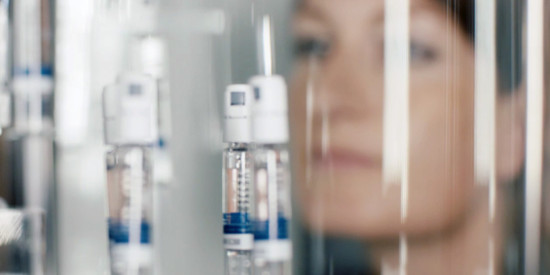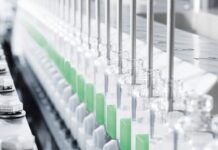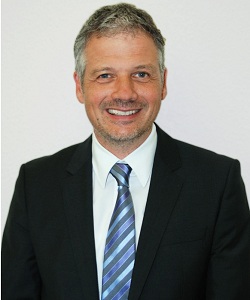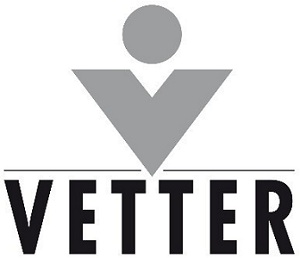Regardless of size, pharma and biotech companies alike encounter numerous challenges in the process of fill and finish of drugs for clinical development, including any subsequent scale-up steps. These challenges encompass the increased complexity of regulatory requirements, processes and regulatory approvals, as well as the ever-present need for financial backing. Being successful today means that companies must find innovative ways to overcome these roadblocks. This is where expert support can be invaluable. If there is no such support a company’s attention is quite often deflected away from the critical functions of discovery, development and, ultimately, the marketing aspects of their drug candidates.External expertise can change this dynamic.
When choosing the appropriate drug delivery system, for example, there are a variety of factors to consider. Of particular concern is the sensitive nature of numerous drug substances. Drug manufacturers are faced with critical questions regarding various market and manufacturing aspects of their product. The answers to these questions will help ascertain the right approach. For example,is the product liquid or lyophilized? What are the therapy requirements?Will the therapy be self-administered or by a healthcare professional?What is the product lifecycle and cost?Is there competition and, if so, what impact will this have on the final product?
 These are but a few of the questions that must be considered. Further, unexpected challenges and decisions must also be carefully and thoughtfully addressed as they too may have an impact on a drug product’s success. To effectively conduct clinical development projects requires key issues to be addressed. These include ensuring packaging material compatibility, developing efficient processes and meeting decisive timelines for clinical trials,accelerating regulatory approvals and streamlining scale-up to commercial manufacturing.
These are but a few of the questions that must be considered. Further, unexpected challenges and decisions must also be carefully and thoughtfully addressed as they too may have an impact on a drug product’s success. To effectively conduct clinical development projects requires key issues to be addressed. These include ensuring packaging material compatibility, developing efficient processes and meeting decisive timelines for clinical trials,accelerating regulatory approvals and streamlining scale-up to commercial manufacturing.
More often than not, the value of what results at the completion of a process will be dependent on the quality and thoroughness put in from the start i.e., quality in, quality out.The execution of successful drug development requires an organized and careful approach,utilizing expert support wherever appropriate. By doing so the outcome is more likely to be successful for the benefit of the patients who long for the right treatment for their disease.
Ultimately, it will come down to the pharma or biotech company itself finding the right balance in development and manufacturing based on a variety of parameters,not the least of which is company size and character. Some companies will make every effort to keep capital costs to a minimum while others will see strategic value in having a viable in-house manufacturing competency. Knowing how to define and follow this individualized pathway is critical when plotting a course in an increasingly competitive and challenging market environment. With all the uncertainties of fill and finish in clinical development,of this you can be certain– there is little room for failure, and rarely a second chance.




















